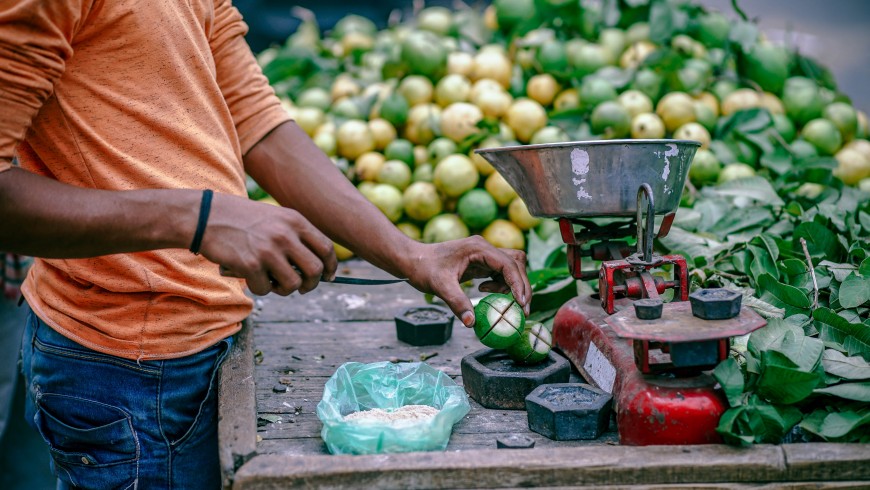Travel these days is so easy. It can be inexpensive to travel any distance all across the globe, allowing you to visit places people never would have dreamed of visiting 100 years ago. But, the not so positive side to all of this is that traveling tends to hurt the environment and even the people in the places you travel to. Sure, it’s not all your fault. But it is partly your fault. Many of the things that we do as a traveler are done with a ‘one-off’ mindset, which can be harmful once all the ‘one-offs’ begin to add up.
So, here are 6 ways in which you can become a more sustainable traveler.
1. Ditch The Plane
Of all the travel habits potentially doing harm, the plane is far and away the worse. Now, obviously, there are times when the plane is simply necessary for your trip. You can’t be expected to go by boat all the way to China, for example. But next time you’re travelling Europe, look up the country to country trains. There are a ton of really great resources and some efficient train services. And you’ll be slashing your carbon footprint whilst enjoying the beautiful scenery a bit more.

2. Embrace Slow Travel
Leading on from point one, slow travel is becoming increasingly popular these days. The ease with which we can now skip around the world means that there has been, for a while, a bit of a culture of seeing one or two of the major landmarks of a place and then immediately moving on, as if you’ve understood your destination in the slightest. Slow travel, which will usually involve far more busses and trains rather than planes, involves travelling around a single country or two countries who share a border, to get a much more complete picture of a place before leaving.

3. Reduce Your Waste
When you are travelling you can produce a lot of waste, sometimes waste that you’ve brought from home and left somewhere foreign. “When a traveler brings a recyclable bottle of some sort, they think they have alleviated any stress of littering. But they may not have considered whether there is infrastructure in the place they are in to handle proper recycling”, warns Judith Handsworth, travel writer at PaperFellows and OxEssays. It can take some forethought but try and be as self sufficient as possible. Bring reusable bottles, not plastic or recyclable, don’t litter, or waste food.

4. Treat Animals Well
When you travel to foreign lands, you are usually afforded the chance to encounter some exotic flora and fauna. However, travelers can have a really immense impact on these new animals in ways they didn’t realize. Don’t disrupt their natural habitats, don’t by any products containing parts of animals, like fur or ivory and don’t give food to animals that you don’t know for sure they can have. It can be damaging to whole species having new, disruptive influences on their native abodes.

5. Engage In Local Services And Produce
The money a country makes from tourism can be so valuable, but it is also easily siphoned off. “It’s quite common that manipulative and powerful outside forces take over areas that attract tourists, sucking up the profits and taking them out of local communities”, notes sustainability expert Charles Lecter, from AustralianHelp and Academized. You need to actively seek out the true local suppliers and try to make sure that the positive influence of your outside income can be felt by the locals who you benefit from.

6. Get To Know The People
The best way to get to know how to have less of a negative impact on the environment you have travelled to, is to het your information directly from the source. Talk to locals, see what they feel they need more or less of in the area. Let their words guide you in being a more sustainable visitor.

Cover image: Agra, India, ph. by Photo by Ibrahim Rifath on Unsplash
